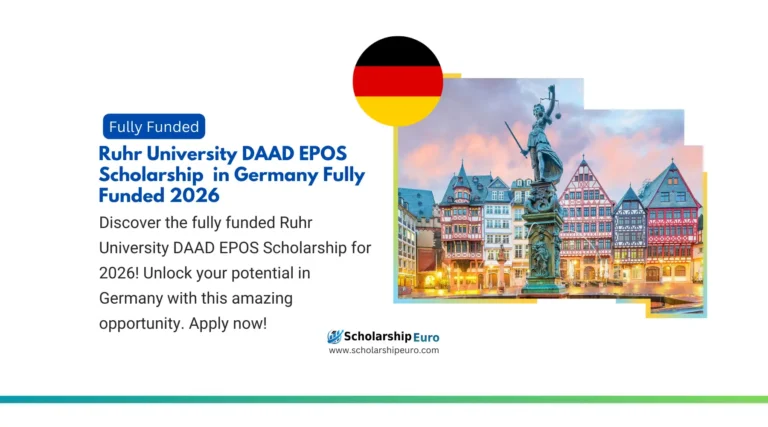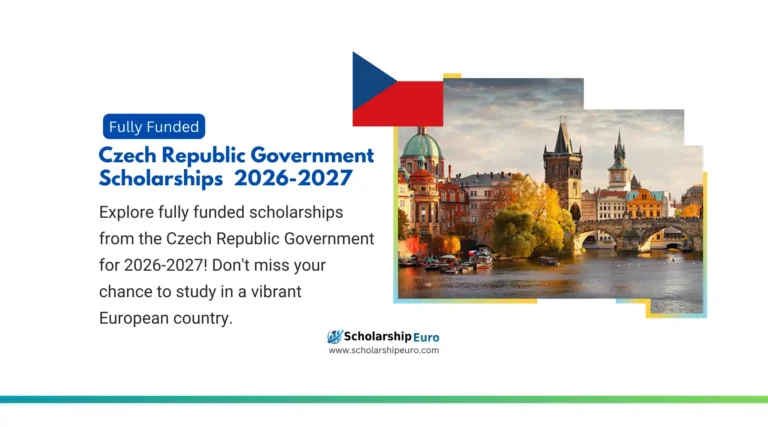Discover a fully funded PhD opportunity in precision agriculture, soil science, and nitrogen management at Ghent University, Belgium. Apply by May 19, 2025!
Funded PhD Position in Precision Fertilization and Soil Sensing
Are you hoping to pursue a PhD in Precision Agriculture, Soil Science, Agricultural Engineering, or a related field in Europe? As one of the premier research universities in Belgium, Ghent University is offering a fully funded PhD scholarship focusing on variable-rate fertilization and manure application through the NitroScope Horizon Europe project.
This wonderful opportunity could be very interesting for candidates with good fundamentals in mechatronics or agriculture engineering, biosystems, data sciences, or soil sciences.
Why Choose Ghent University for Your PhD?
Ghent University is one of the leading innovative schools with around 15,000 members and 11 faculties. It has a comprehensive academic culture with industrial partners and also works towards being a sustainable space to begin research careers.
One of the largest research universities in Belgium: more than 15,000 staff members, 11 faculties, innovative research, and international collaboration.
Excellent for beginning a research career owing to an exceptional scholarly environment, partnerships with industry, and strong emphasis on sustainability.
Also check;
Project Overview: NitroScope Horizon Europe
The position will be hosted at the Faculty of Bioscience Engineering at Ghent University, Belgium, in the newly proposed collaboration of two research teams:
- Precision Soil and Crop Engineering (Precision Scoring)
- Soil Fertility and Nutrient Management (SoFer)
You are joining the NitroScope project, which was funded by the EU to bring nitrogen flow monitoring across many varied European agroecosystems to bear, and so foster the various protective ecosystems with which the continent abounds.
- Proximal and remote sensing
- Eddy covariance methods
- In-situ continuous monitoring
- Machine learning and data fusion
PhD Responsibilities and Key Research Areas
As a PhD researcher, your role will involve:
- Developing decision support systems for variable-rate application of synthetic and organic fertilizers.
- Using AI technologies like machine learning, deep learning, and spectroscopy-based sensor platforms.
- Measuring N2O emissions, nitrate levels, and nitrogen content in manure and bio-fertilizers.
- Working closely with 24 international partners across 14 EU countries.
- Supervising BSc and MSc students and assisting in fieldwork and data analysis.
- Publishing high-impact papers in international journals.
Eligibility Criteria – Who Can Apply?
To be considered for this fully funded PhD in soil and crop engineering, applicants must:
- Hold a Master’s degree in:
- Mechatronics Engineering
- Agriculture/Biosystems Engineering
- Data Science
- Soil Sciences
- Have basic knowledge in:
- Sensing technologies and systems
- AI techniques like machine learning and data fusion
- Be familiar with software/tools such as Python, MATLAB, LabVIEW, or C++
- Be comfortable working in the field and interdisciplinary teams
- Demonstrate strong time management and communication skills in English
- Application Deadline: May 19, 2025
What Ghent University Offers
- A 4-year full-time doctoral fellowship, starting November 1, 2025
- Competitive tax-free stipend, based on family status and seniority
- Access to world-class research labs and collaboration networks
- Additional benefits include:
- 36 paid vacation days annually
- Bicycle allowance
- Eco vouchers
- Professional development and training programs
- For a complete overview, visit Ghent University staff benefits.
How to Apply
Email your application documents to:
- Dr. Muhammad Qaswar: muhammad.qaswar@ugent.be
- CC: Prof. Abdul M. Mouazen: abdul.mouazen@ugent.be
- CC: Prof. Stefaan de Neve: stefaan.deneve@ugent.be
Required documents:
- Cover letter outlining your motivation and research interests
- Updated CV with publication list (if applicable)
- Academic transcripts (BSc and MSc)
- MSc degree certificate or provisional proof
- Two academic reference letters (if available)


